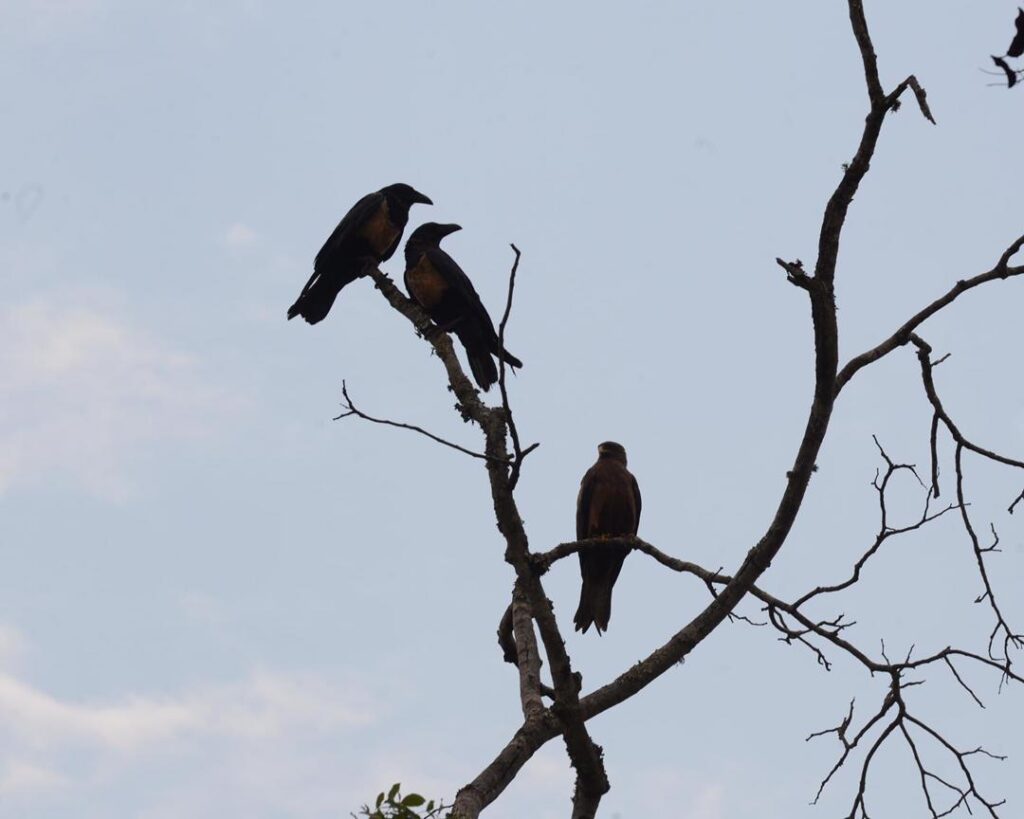FQM’s Global Birding Day Highlights the Urgent Need for Bird Habitat Protection in Zambia
First Quantum Minerals (FQM) celebrated another successful Global Birding Day at its Trident mine in Kalumbila District, underscoring the importance of protecting Zambia’s rich bird habitats. The event, now in its fourth consecutive year, attracted over 120 participants, including enthusiastic schoolchildren, who gathered to celebrate bird life and contribute to global bird monitoring efforts.
As part of a worldwide initiative held in May and October, Global Birding Day encourages bird lovers and environmentalists to document as many species as possible. This year’s event, supported by FQM, highlighted the company’s commitment to environmental conservation and education, especially among younger generations.
“It is crucial for us to foster appreciation for the natural world, especially among younger generations. In Zambia, where biodiversity is rich, this engagement with nature is vital,” said Andrew Hester, FQM’s Group Environmental Manager.
Participants used apps such as eBird to track and record bird species, contributing to a global database managed by the Cornell Lab. The event also featured a bird-ringing demonstration, offering attendees a rare opportunity to see birds up close and learn about scientific bird monitoring methods.
Moses Chibesa, Senior Lecturer at Copperbelt University and expert in ecological sciences, emphasized the significance of the event. “By involving children in this activity, we are inspiring future generations of conservationists,” he said. Chibesa also stressed the value of the data collected, noting its critical role in guiding global conservation efforts.
Salifyanji Nakamba, one of the participants, shared her excitement: “There’s so much to learn about birds. Today, I discovered that many of the trees here were planted by birds. It was a wonderful experience, and I hope we can do this more often.”
FQM’s dedication to sustainability extends beyond Global Birding Day, with ongoing efforts in biodiversity management, habitat rehabilitation, and community engagement. “It’s about ensuring a sustainable future for our communities and the natural world,” said Hester.
The event’s success demonstrates the power of community involvement in conservation, showcasing how local initiatives can contribute to the protection of Zambia’s natural heritage.



